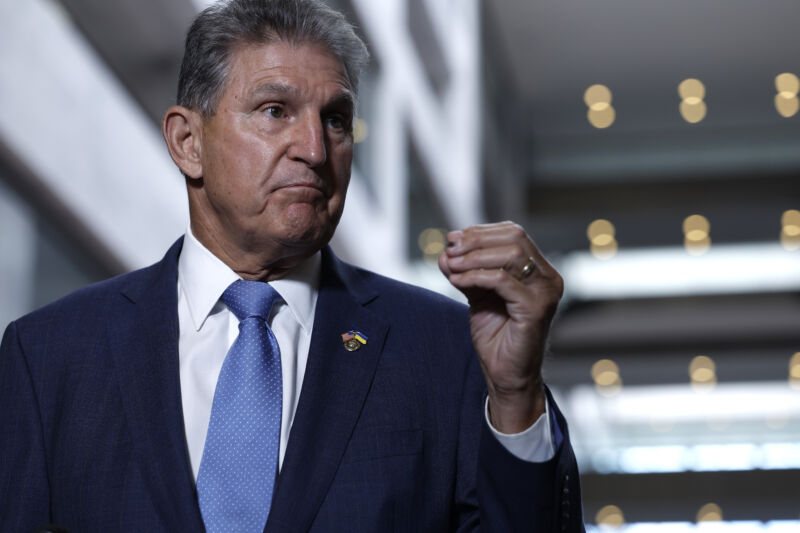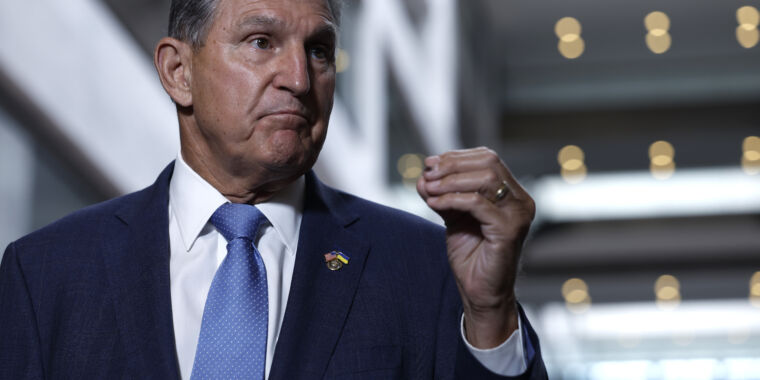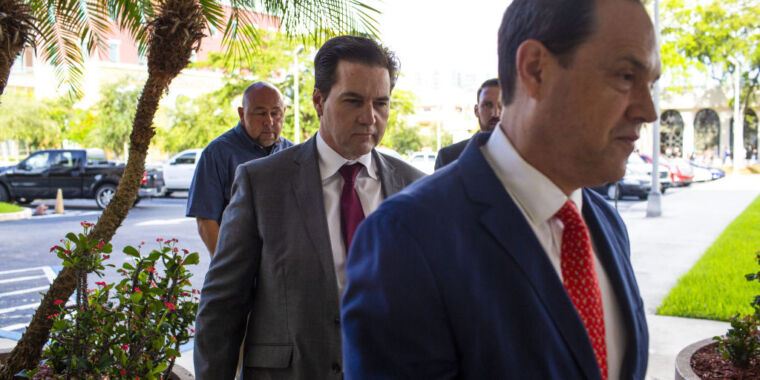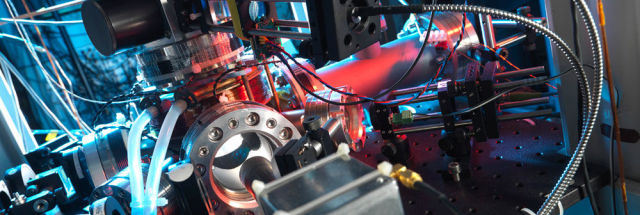
Anna Moneymaker/Getty Images
Among the many provisions of the Inflation Reduction Act (IRA) of 2022 is a revamp of the federal tax credit for electric vehicles. The changes would restore the eligibility of Tesla and General Motors and includes a smaller credit for the purchase of a used EV. Despite this, the bill is running into opposition from the auto industry, and most of the EVs currently on sale would no longer qualify. But the bill’s author, Senator Joe Manchin, has little time for complaints.
Currently, almost all new plug-in vehicles qualify for the plug-in electric drive vehicle credit, as laid out in Internal Revenue Code section 30D, introduced on the basis that the high cost of a lithium-ion traction battery is the main impediment to electric vehicles reaching price parity with their gasoline- or diesel-powered alternatives.
The credit is based on battery capacity. Starting at $2,917 for a plug-in vehicle with a 5 kWh pack, the credit increases by $417 per kWh to a maximum of $7,500. But there’s a penalty for sales success—once an automaker has sold 200,000 qualifying plug-in vehicles, the credit begins to sunset. So far, this has only happened to Tesla and General Motors, both of which triggered the process in 2018.
Some in the Democratic Party wanted to expand this credit to boost EV adoption. In 2021, a more ambitious bill from the House of Representatives sought to increase the tax credit to a maximum of $12,500. This credit would have started at $4,000 and added $3,500 for a battery of at least 40 kWh. An additional $4,500 credit would have been available if the EV was made in a unionized US facility, with a final $500 available for an EV made mostly in the US (including the battery pack).
In addition to encouraging domestic EV manufacturing, that legislation also introduced an income cap—albeit in the mid-to-high six-figure range—plus a price cap, ruling out sedans that cost more than $55,000, vans more than $64,000, SUVs more than $69,000, and electric pickups that cost more than $74,000. The 2021 bill also proposed tax credits for used EVs, a commercial EV tax credit, and tax credits for e-bikes.
That legislation failed in the US Senate, in large part due to strident opposition by Manchin, who has repeatedly criticized tax incentives for EVs. Last year, he was one of three Democratic senators who voted to change the existing EV credit so that only taxpayers with incomes below $100,000 and only EVs that cost less than $40,000 could qualify. (That amendment did not pass.)
Manchin was still upset with the idea in April of this year. “There’s a waiting list for EVs right now with the fuel price at $4. But they still want us to throw [a] $5,000 or $7,000 or $12,000 credit to buy electric vehicles,” he said during a hearing on the Department of Transportation. “It makes no sense to me whatsoever. When we can’t produce enough product for the people that want it and we’re still going to pay them to take it—it’s absolutely ludicrous in my mind.”








